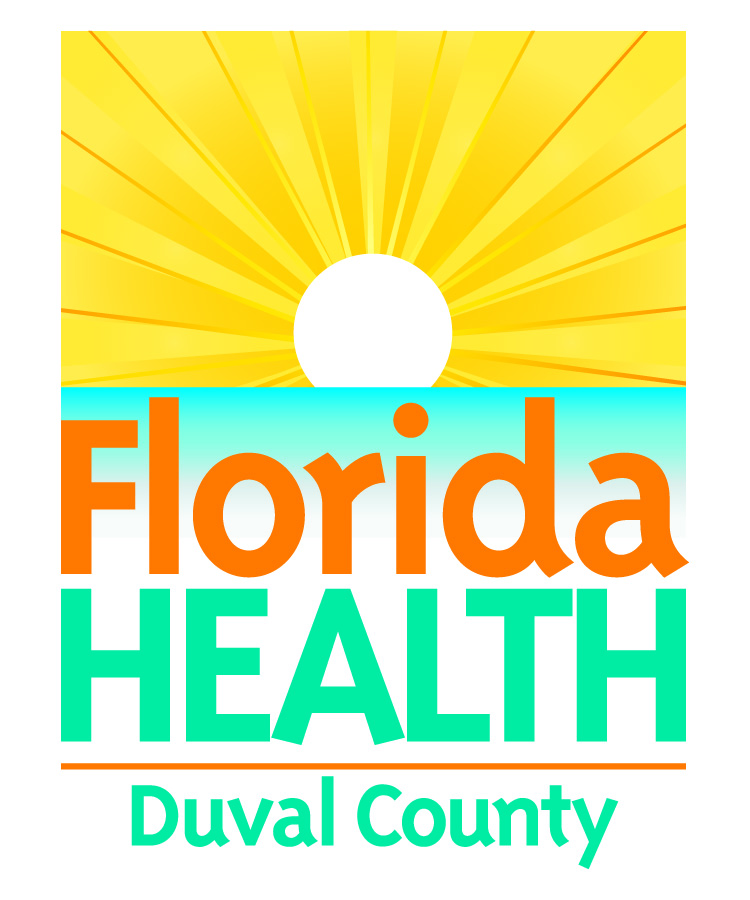HIV/AIDS AWARENESS DAYS
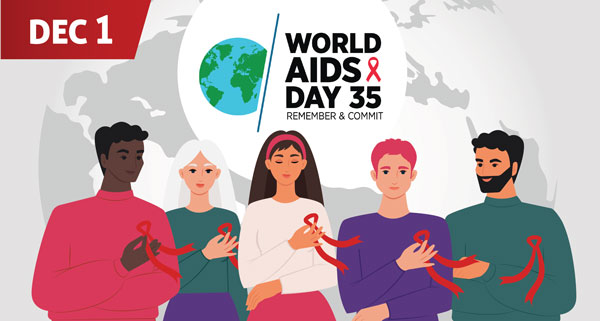
World AIDS Day stands as a global reminder of the ongoing battle against HIV/AIDS. It’s a day to honor the lives lost, support those living with HIV, and renew our commitment to ending the stigma and discrimination surrounding HIV.
This year, join us in commemorating World AIDS Day in several ways:
- Awareness Campaign: Participate in awareness campaigns on social media using the hashtags #WorldAIDSDay35, #EndingTheHIVEpidemic, or #EndingTheStigma.
- Community Events: Attend special events on December 1st through December 8th and engage in discussion, hear from speakers, and stand together in support. View the 2023 Northeast Florida World AIDS Week Calendar of Events.
Learn more about World AIDS Day.
Download the Area 4 World AIDS Day flyer. (809 KB PDF)
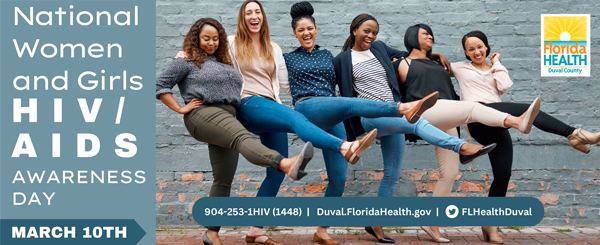
March 10th is National Women and Girls HIV/AIDS Awareness Day, a day to raise awareness about the impact of HIV on women and show support for women and girls with HIV.
Social Determinants of Health such as poverty, education, insurance, and unemployment can negatively impact HIV-related health outcomes of women, especially women of color and transgender women. Advances in testing, treatment, and prevention have resulted in progress towards the counties goal to reduce the HIV epidemic.
In Area 4 (Duval, Clay, Nassau, St.Johns and Baker Counties) in 2020-2021:
31.9% of people living with HIV were women. Women made up 23.5% of new diagnoses, 25.9% of new AIDS cases and 41.2% of related deaths.
Learn more about National Women and Girls HIV/AIDS Awareness Day.
Pregnancy and HIV - Facts vs Myths (155 KB PDF)
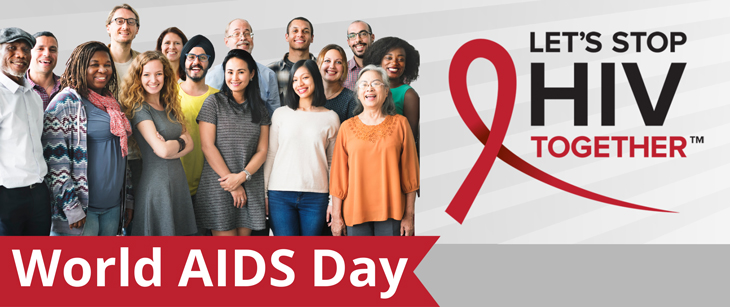
On December 1st, the world commemorates World AIDS Day. People around the world unite to show support for people living with HIV and to remember those who have died from AIDS related illnesses. Globally, there are approximately 1.5 million new cases of HIV every year, including over 35,000 new infections in the United States.
In Area 4, which includes Baker, Clay, Duval, Nassau and St. Johns counties, there were 332 new diagnoses of HIV in 2021. Duval County accounts for 90.4% of these newly diagnosed cases.
In Area 4 (Baker, Clay, Duval, Nassau, and St. Johns Counties) in 2021 there were:
- 162 Newly diagnosed AIDS cases
- 7, 901 people living with HIV
- 4,112 people living with AIDS
- 5,460 people living with HIV who have an Undetectable Viral Load*
*Viral suppression and undetectable viral load means having less than 200 copies of HIV per milliliter of blood. If you are virally suppressed, it prevents transmission. Undetectable = Untransmittable (U=U).
Did you know that World AIDS Day was first observed in 1988? Learn more about World AIDS Day.
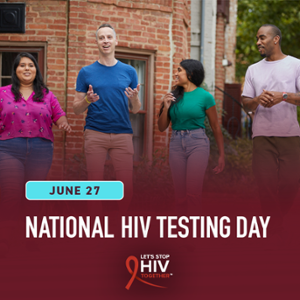
National HIV Testing Day (NHTD) is observed each year on June 27. NHTD is held to encourage people to get tested for HIV and know their status. DOH-Duval is also helping individuals who are living with HIV get connected to treatment.
This year's theme is HIV Testing is Self-Care. Knowing your HIV status gives you powerful information to help you stay healthy. Learn more about National HIV Testing Day.
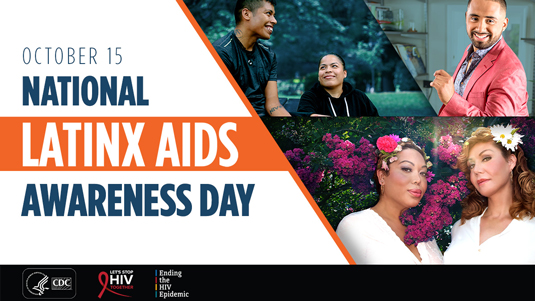
National Latinx AIDS Awareness Day (NLAAD) is observed each year on October 15 to increase awareness of the impact of HIV on the Hispanic/Latino population in the United States. The NLAAD campaign promotes HIV testing and prevention, and provides information on access to care for Hispanic/Latino communities across the nation. Learn more about NLAAD.
Help raise awareness about the impact of HIV on the Latinx community in Duval County. Encourage your friends and family to get tested as part of their routine health care.
Find a testing location near you or visit our Mobile Medical Unit.
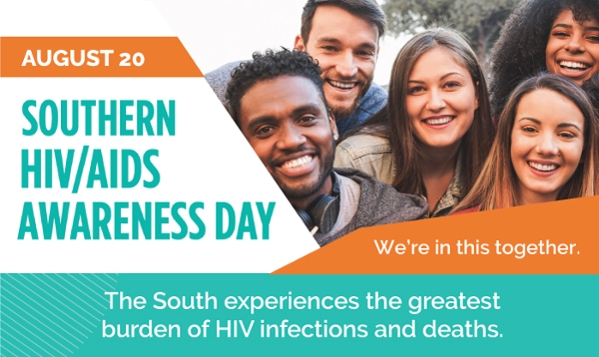
Southern HIV/AIDS Awareness Day is held each year on August 20 to raise awareness about HIV in southern communities.
The South experiences the greatest burden of HIV infections and deaths.
- 51% of all new HIV infections in the U.S. occur in the South, even though this region contains only 38% of the U.S. population.
- Among the ten states with the highest rates of new HIV diagnoses, eight are in the South.
- Many factors contribute to this disparity, including poverty, unemployment, stigma, and access to healthcare.
Learn more about Southern HIV/AIDS Awareness Day:
https://www.cdc.gov/hiv/library/awareness/shaad.html
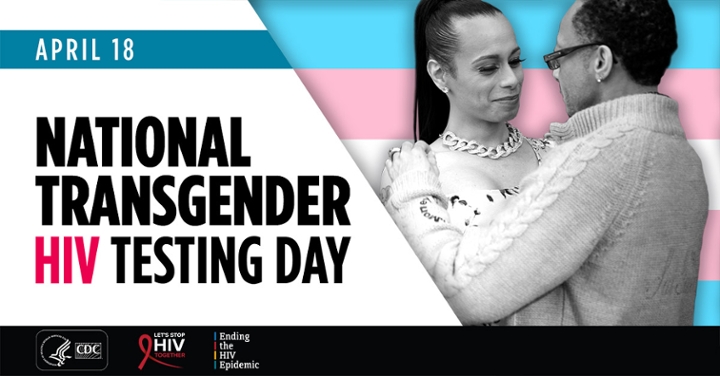
National Transgender HIV Testing Day (NTHTD) is held annually on April 18 to promote the importance of routine HIV testing and status awareness among transgender and gender non-binary people.
The transgender community is considered high-risk for HIV infection.
- Transgender women are disproportionately affected by HIV.
- PrEP can greatly reduce the risk of HIV transmission.
- High risk individuals should be tested for HIV at least once per year. Some individuals should be tested every three to six months.
Providers - get to know you patients.
- Collect complete patient demographics: including sex assigned at birth, current gender identity, and preferred name and pronouns.
- Don’t be afraid to ask about sexual history and other risk factors.
- Complete and accurate data is crucial for designing and evaluating HIV prevention programs.
Everyone can help fight stigma.
- Discrimination prevents transgender people from accessing quality healthcare.
- Help educate others about issues affecting the trans community.
- Examine your own sub-conscious biases.
To learn more, please visit: https://www.cdc.gov/hiv/group/gender/transgender/index.html
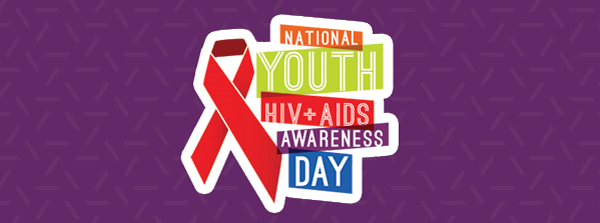
National Youth HIV/AIDS Awareness Day (NYHAAD) is held each year on April 10. It is a day to educate our communities about the impact of HIV and AIDS on young people. We do this by linking people to services and by providing sexual health education and resources.
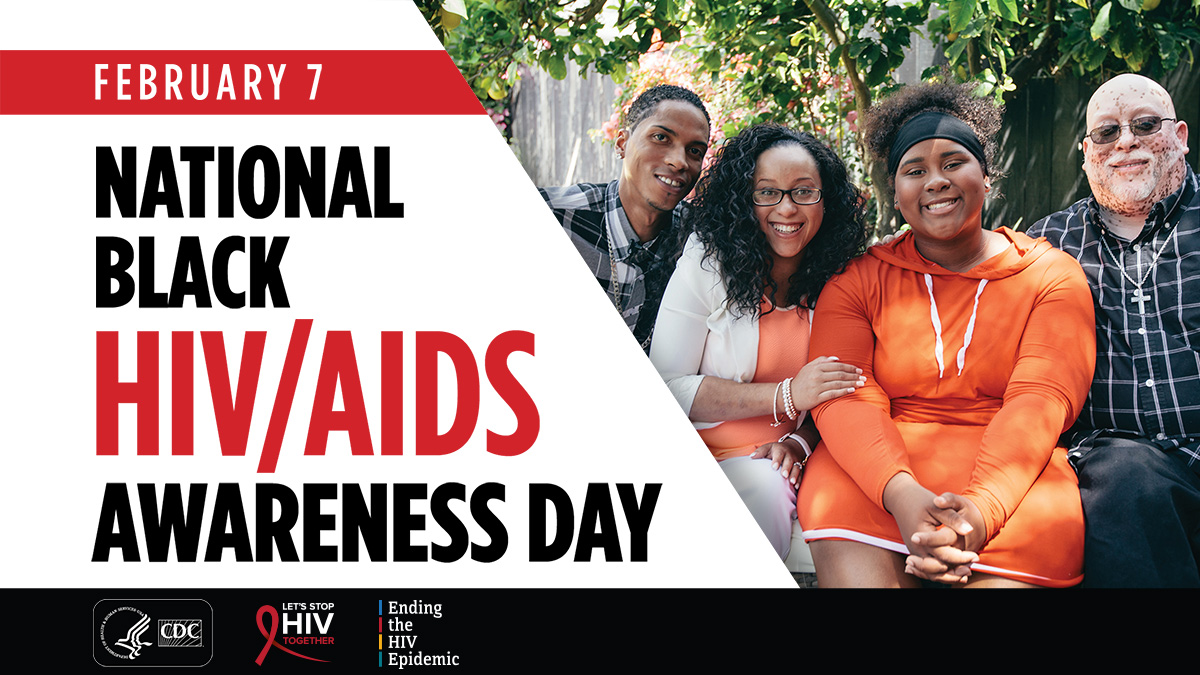
National Black HIV/AIDS Awareness Day (NBHAAD) is observed each year on February 7th to promote awareness and highlight the great work being done to reduce HIV in Black communities in the U.S.
Learn more about NBHAAD and find out how you can help increase HIV education, testing, community involvement, and treatment among black communities.
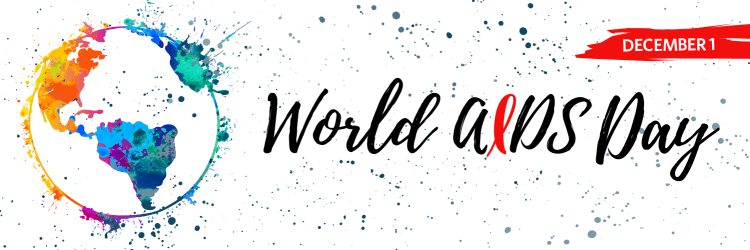
World AIDS Day was first observed in 1988. Each year, organizations and individuals across the world bring attention to the HIV epidemic, endeavor to increase HIV awareness and knowledge, speak out against HIV stigma, and call for an increased response to move toward Ending the HIV Epidemic: A Plan for America.
World AIDS Day is held annually on December 1st to bring attention to the HIV epidemic and speak out against HIV stigma. This year’s theme is “Ending the HIV/AIDS Epidemic: Resilience and Impact.”
Learn more about World AIDS Day.

